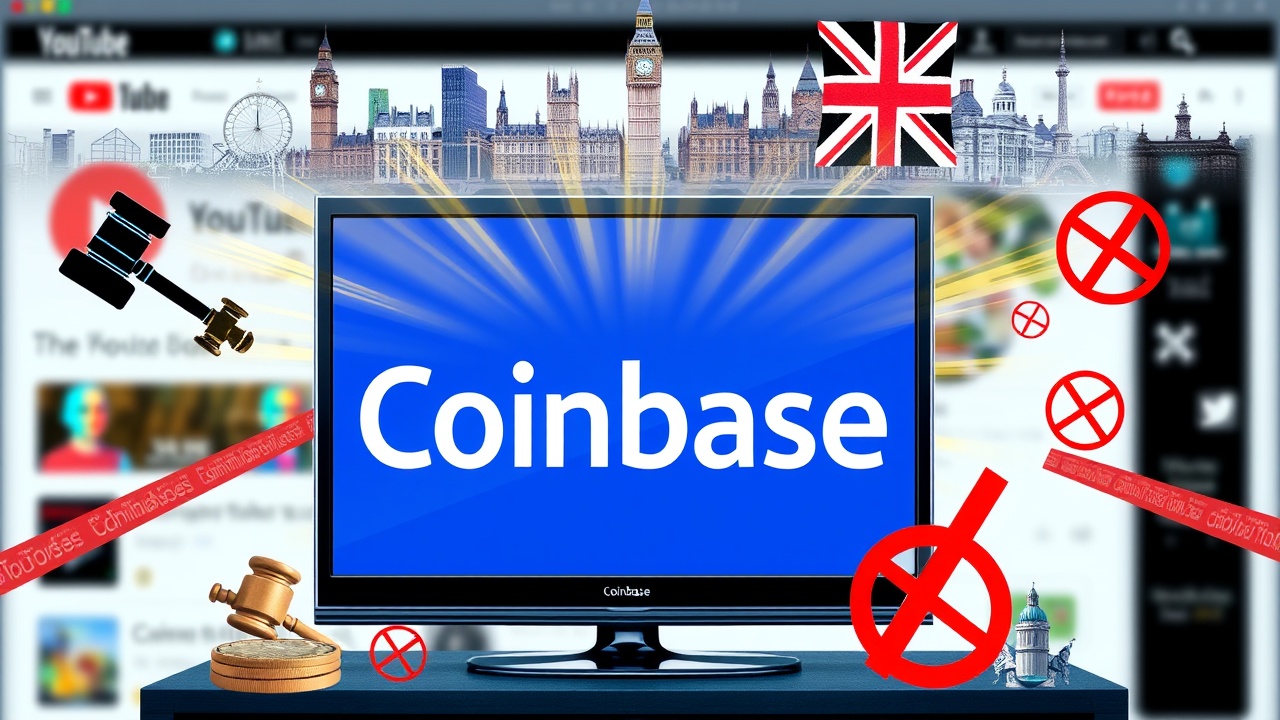Coinbase’s Controversial Advertisement
A recent advertisement by Coinbase, titled “Everything Is Fine“, which faced claims of being banned, has surfaced on YouTube, specifically linked to Channel 4, one of the UK’s predominant television networks, as reported by Decrypt through knowledgeable insiders. Released last month, the Coinbase ad is a two-minute, high-budget production featuring a dismal portrayal of the U.K., emphasizing rat-infested environments and soaring supermarket prices.
Censorship Claims and Clarifications
Coinbase’s CEO, Brian Armstrong, expressed that British television networks had imposed a ban on the advertisement, interpreting this as an act of censorship. However, sources within Channel 4 contested this narrative, clarifying that there has been no directive to prohibit the ad, and that it has been successfully included on their YouTube platform.
Advertising Regulations in the Cryptocurrency Sector
The cryptocurrency sector in the U.K. is plagued with challenges pertaining to advertising regulations. Coinbase’s previous encounters with regulatory bodies underscore this struggle. Advertising guidelines dictate that commercials intended for TV or radio must pass through a pre-screening process; however, Clearcast, the entity in charge of this approval, rejected “Everything Is Fine“. They asserted that the ad suggested cryptocurrency could mitigate economic difficulties without providing adequate supporting evidence or precautions about the inherent volatility and risks linked to such investments.
It’s important to note that Clearcast cannot impose outright bans; such authority rests with the Advertising Standards Authority (ASA), which only intervenes post-airing in the event of complaints. The ASA has also indicated that it has not prohibited Coinbase’s advertisement.
Online vs. Traditional Advertising
Comparatively, online advertising is subjected to far less stringent regulations, resulting in scenarios where ads barred from TV can still feature prominently on platforms like YouTube. There is growing political pressure in the U.K. to address this apparent regulatory gap, with calls to align the advertising standards of video platforms with those applicable to traditional broadcasts. Max Wilkinson, a spokesperson for the Liberal Democrats, articulated concerns about the disparity in oversight as YouTube emerges as a major competitor to established broadcasters.
Recent statistics from Ofcom reveal that YouTube ranks as the second most viewed service in British television, trailing only the BBC, and surpassing channels like ITV.
Impact of the Controversy
Ironically, Armstrong’s assertions regarding the alleged ban have inadvertently bolstered the advertisement’s visibility, contributing to its millions of views across various social media platforms.




